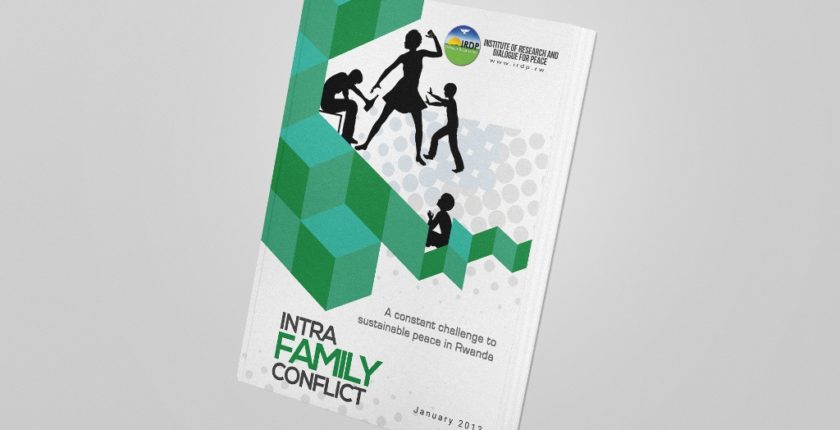A family is the foundation of any society. It is an entity that gives real meaning to life and existence. As such, it constitutes the cornerstone of any social system. A family is not a casual or spontaneous organization of people but a divinely ordained institution. The foundation of a family is based on marriage, which is a right to every human being (Haralambos and Holborn, 2008). The above definition brings out two closely related but separate concepts―family and marriage. The concept of family envisages a more complex system of relationships than marriage because it usually brings together not only the couple but also their children and other relatives and friends. In addition, a family acts as a social unit of society, which is usually very close “to the original” model of the entire society in which it operates.
This is why governments and non-governmental organizations in different parts of the world attribute great importance to strengthening the family as a basic social unit. In recent decades, this consolidation has been considered to be even more necessary and urgent in view of the increasingly divergent and often conflicting values and practices that characterize life within families (Chow, 1996). The family as a social unit contributes to the welfare of humanity and the developmental process worldwide. It is in this regard that the United Nations observes a ‘family day’ which is celebrated on 15th May of every year. This year’s theme is “Families Matter for the Achievement of Development Goals.”
In conformity with the state and society, religions also attach great importance to the family and matters relating to and surrounding it. Religions do not only care about the nuclear family that consists of just parents and children, but they are also concerned with the concept of extended family that covers children, parents, grandparents as well as in-laws. The divine importance of the family comes from its selected function in preserving the human race by procreation. Also, the family is responsible for protecting morals and values of individuals and, indeed, society at large (Chow, 1996).
Rwanda recognizes the importance and role of families in safeguarding cultural values. The concept of family generally goes beyond the definition which conceives it as a group of people united by marriage, blood or adoption, characterized by a common residence. In Rwanda, like almost everywhere in Africa, family relationships extend beyond people having a common residence; one must also include extended family members living outside the household and who sometimes live far apart (UNICEF, 2015).
Family development in Rwanda is rooted in the country’s main orientations. Article 27 of the country’s Constitution requires the State of Rwanda to set up appropriate legislation and institutions for the protection of the family, especially towards the child and mother. In this regard, Rwanda established a National Policy for Family Protection with the comprehensive objective of outlining a framework for implementing and monitoring programs to ensure the protection and support of the family in order to enable it to play efficiently its vital role in the country development (RNPFP, 2007). This policy, inter alia, specifically aims at ensuring peace, democracy and security within the family by promoting the culture of peace and an atmosphere of harmony among family members.
In this study the types of intra-family conflicts in Rwanda to be analyzed include the following: conflicts between partners, conflicts between parents and children as well as conflicts between children of the same family.

